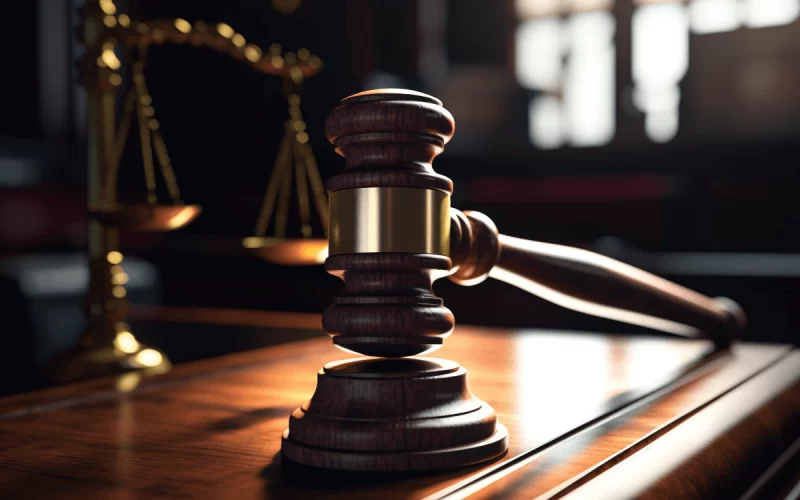INTRODUCTION
A person who is detained by the police or who is awaiting trial does not automatically forfeit their human or basic rights just because they are imprisoned. The Indian Constitution’s provisions specifically grant the accused person great protection, which is reflected in criminal jurisprudence. The accused person’s legal protection is predicated on the fundamental idea of the “presumption of innocence.” But, to ensure that police have not abused their authority for their gain, the court should exercise caution when an accused individual is on trial. Also check: top 5 criminal lawyers in bangalore
LEGAL PROTECTION UNDER THE CONSTITUTION OF INDIA
India’s constitution is regarded as the core source of laws and fundamental rights that set forth the rules and regulations for the nation. The Indian Constitution offers the accused person legal protection to defend their fundamental rights, meaning that the criminal justice system’s processes should be “right, just, and fair,” rather than repressive or capricious.
PROTECTION AGAINST EX-POST-FACTO LAW
The Indian Constitution’s Article 20 (1) shields the accused from ex post facto legislation. To put it plainly, it implies that an act committed by the accused cannot later be considered unlawful if it was not unlawful at the time of its commission.
PROTECTION AGAINST DOUBLE JEOPARDY
Neo debut bi’s punibi promo delicto, which states that no one should be punished twice for the same offense or fault, is the legal maxim upon which the idea of double jeopardy is founded. This concept states that if a person has previously been found guilty or not guilty of an offense by a court of competent jurisdiction, then they would be subject to double jeopardy and would violate both Section 300 of the Code of Criminal Procedure, 1973, and Article 20(2) of the Indian Constitution.
PROHIBITION AGAINST SELF-INCRIMINATION
It stipulates that no one facing criminal charges may be forced to testify against himself. Therefore, the general rules of English and American jurisprudence—that no one should be forced to give testimony that may put him in danger of being prosecuted for a crime—are included in Article 20(3).
LEGAL AID TO THE ACCUSED IN THE CRIMINAL TRIAL
According to Article 39-A of the Indian Constitution, an accused person who is impoverished or poor and without the resources to hire legal representation for their case in court has the right to a free legal defense. Article 21 of the Indian Constitution, which is specifically stated in Article 39-A, requires the state to give the accused party free legal representation.
CONCEPT OF SPEEDY TRIAL
The idea that “justice delayed is justice denied” is the foundation of the quick trial concept. A fast trial for the accused is regarded as a fundamental component of Article 21 of the Indian Constitution. It is thought that the state has a responsibility to protect the constitution and the fundamental rights of its citizens, which includes giving victims prompt justice and avoiding needless delays in criminal trials that might result in a miscarriage of justice.

